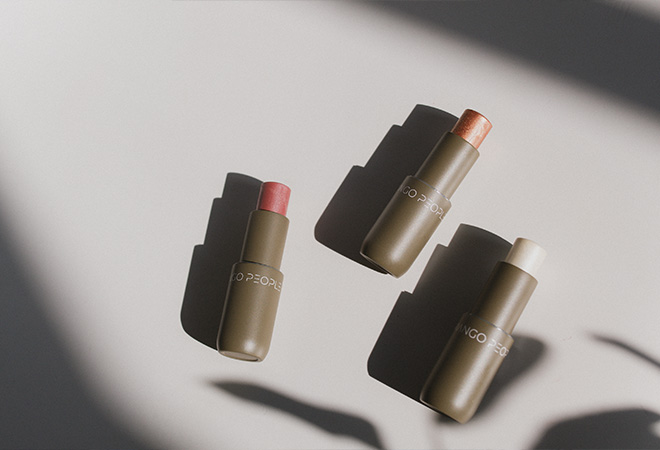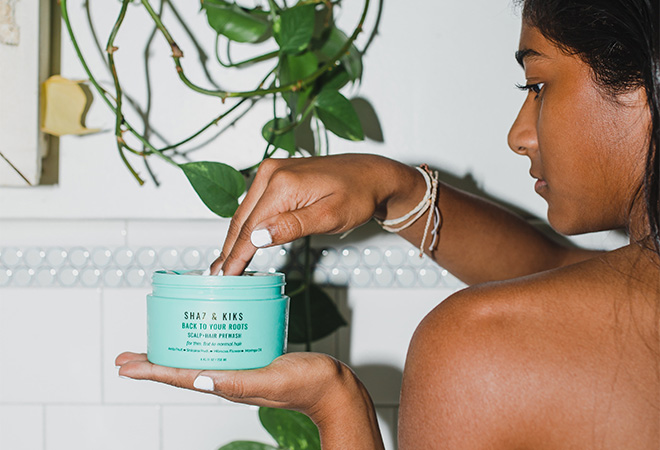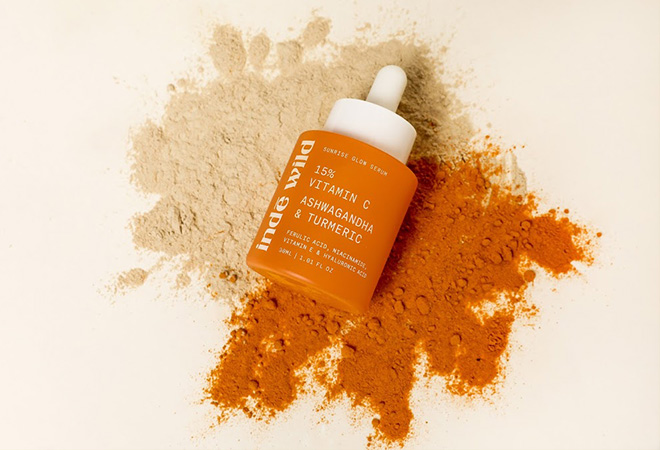In an era of holistic wellness, Ayurveda is witnessing a new surge in popularity. Dating back to 1500 BC with roots in Indian Vedic culture, the practice not only encompasses nutrition and internal medicine, but also the realms of psychology and toxicology. Treatments are focused on balancing the doshas (Pitta, Kapha, Vata), which are based on the five elements of the universe (air, fire, water, earth, and ether).
Ayurveda’s holistic approach speaks so much to our current zeitgeist, where topical products aren’t seen in isolation from the rest of the body and beauty is indeed beyond skin deep. “Sometimes people say that Ayurveda is just pouring oil on your forehead and eating some herbs. It is this broad science, a way of life. Once they understand it, they realize that their whole life perception can be revolving around this science,” Subtle Energies’ Director of Operations and Brand Development, Nick Irani, enthuses.
The Australia-located and family-owned enterprise is based on the practice of Ayurveda aromatherapy, which employs aromatic rather than purely herbal oils in a quest for wellness. The company also offers a diploma course in the practice to prepare the next generation of specialists. “As people invest more in their health, keeping to authentic values, especially if brands keep to their expertise, is very important,” remarks founder Farida Irani. An essential component of Ayurvedic integrity is the quality of materials used, as these can differently affect one’s dosha, or physical/emotional/spiritual constitution. Subtle Energies sources theirs from a long line of artisanal farmers.
Increased investments from conglomerates like Estée Lauder and Puig, plus statements of the ancient practice being beauty’s new frontier, are building industry momentum. According to Spate NYC, there are 1.3 million monthly searches for the herb ashwagandha, a regular feature in Ayurvedic practice, growing over 46.2% in search volume over the past year. High-end botanical skincare and haircare brand Ranavat recently became the first South Asian-founded Ayurvedic company to launch at Sephora.
Despite the universal factors which underlie Ayurvedic theory, there are multiple interpretations of the practice. Two recipients of Sephora’s 2022 Accelerate initative, clean cosmetics range Mango People, and natural haircare range Shaz + Kiks, both incorporated it into their brand DNA: the former with ashwagandha, triphala, and brahmi added into bronzer, multipurpose, and highlighter sticks; the latter with ingredients such as bhringraj, kokum butter, and moringa, inspired by its founders’ family history of homemade beauty concoctions.



indē wild has coined its own subcategory, Ayurvedistry, which fuses Ayurvedic ingredients with dermatology innovation. Think blue-light filters, bakuchiol, and vitamin C meets turmeric and amla in serum formulations. “It’s this blend of legendary tradition and modernity that are part of my identity,” comments founder Diipa Büller-Khosla. “There were beauty categories and products for specific skin concerns, tones and textures, but none catered to nor celebrated my unique needs as a brown (specifically South Asian) woman.” She describes her consumer audience as on a very wide spectrum, but unified by “a deep respect for the culture and tradition they grew up with, while also being forward thinking, believing in science and breaking antiquated societal norms.” An ingredients-heavy, wellness-oriented focus is the foundation of Ayurvedic beauty, made over with a more modern, unisex aesthetic. Consumer interest is likely to grow alongside an increased interest in the powerful potency of natural ingredients, especially when their safety and efficacy is grounded in centuries’ worth of application and practice. “Now that Ayurveda has begun to receive such love around the world, I am excited to see it go beyond something that may be trending now to be part of daily regimen,” Büller-Khosla comments. “For skincare, that includes herbs and other ingredients, meditative practices such as face yoga, and tools such as the Khansa wand that utilize key metals and other healing and rejuvenating materials.”
With Ayurvedic ingredients finding skincare recognition, is a more widespread adoption of its broader health practices soon to follow? With audiences eager to embrace natural and mind-body-spirit solutions, the potential is certainly there, and as the Ayurveda market value is set to approach $6.81 billion by 2026 (a CAGR of 15.32%), the numbers concur.